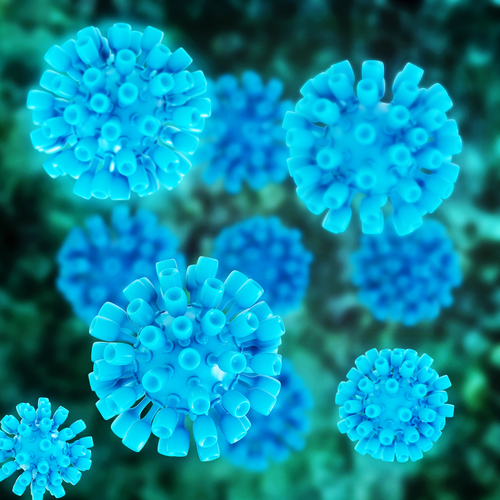Adaptive Biotechnologies has published a study demonstrating that their revolutionary immunosequencing platform, which utilizes next-generation sequencing and advanced bioinformatics to sensitively profile all T cells in a biological sample, provides a more definitive diagnosis of cutaneous T-cell lymphoma (CTCL). The work, entitled, “TCR sequencing facilitates diagnosis and identifies mature T cells as the cell of origin in CTCL,” was published in the latest edition of Science Translational Medicine Mission.
The study was conducted in the laboratory of Dr. Rachael Clark, MD, PhD, Associate Professor of Immunology and Dermatology at Brigham and Women’s Hospital and Harvard Medical School. Dr. Clark’s experimental work focuses on T cells (essential cells for human immunity) in normal and diseased human tissues, to improve therapies for patients and procide new insights into human T cell biology. Dr. Clark was the first researcher to discover that the skin of an adult individual contains approximately 20 billion memory T cells under normal, non-inflamed conditions, nearly twice the number present in the entire circulation.
In this study, Dr. Clark and her team of collaborators investigated the detection limits of Adaptive Biotechnologies’ High-throughput TCR sequencing (HTS) in comparison to the standard method of T cell receptor γ (TCRγ) polymerase chain reaction (PCR) to distinguish between CTCL from benign inflammatory skin diseases, such as psoriasis and contact dermatitis. Utilizing skin samples from 46 CTCL patients the results included:
- HTS detected T cell clones in 46 of the 46 CTCL patients (100%)
- HTS was more sensitive and specific than TCRγ PCR
- HTS also accurately assessed responses to therapy and facilitated diagnosis of disease recurrence
- HTS successfully discriminated CTCL from benign inflammatory diseases.
- HTS was also able to distinguish early CTCL recurrence from benign inflammation
- HTS detected CTCL cells in the blood of patients in which the disease had spread.
In a company press release about the study, Dr. Clark stated, “Using current methods, it takes on average six years for patients to receive a definitive CTCL diagnosis. As a result, appropriate therapy is delayed, often until the disease worsens to the point where diagnosis is clear but effective treatment is more difficult.”
Dr. Clark’s colleague, Ilan “Lanny” Kirsch, MD, Senior Vice President, Translational Medicine at Adaptive Biotechnologies, further explained, “These results demonstrate that, compared to current methods, Adaptive’s immunosequencing technology offers a more sensitive and specific method for discriminating between CTCL and benign inflammatory skin disease. Leaders in the field have already begun to apply this technology to the care of CTCL patients. In the coming months we plan to expand our clinical service so that it can be used in the diagnosis and care of even more patients.”


